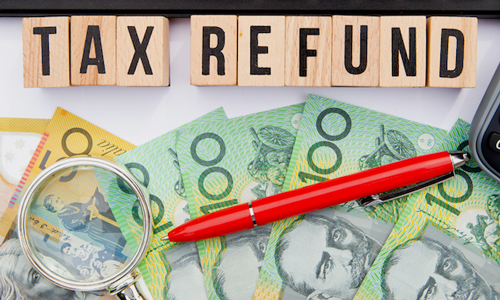Property investment in Australia carries a lot of potential for boosting income and creating wealth over the middle to long term. However, real estate investors must also be aware of the numerous tax obligations that can affect the success of their investment returns. One such tax is property tax rates, which vary from state to state. Have an informed decision about where you invest your money. Understanding how local property tax rates are calculated and managed within Australia’s taxation system is important.
Having an insight into this is very important as it will impact day-to-day decisions when investing in real estate, from assessing prospective properties to calculating cash-flow forecasts and working out profitability and paying capital gains tax when selling – so ending up with a good grasp of the taxation rates can potentially lead to greater financial success.
Exploring Different Local Property Tax Rates Across Australia
As you begin your journey into the world of property investing, it’s crucial to understand the local property tax rates that apply to the area you’re interested in. Different parts of Australia have differing property tax rates, which can significantly impact your overall expenses as a homeowner. These variations are essential when deciding where to purchase your new home, as they can affect your housing budget and general financial planning. Therefore, it’s imperative to undertake your own due diligence and conduct thorough research first to learn about each area’s property tax rates before deciding.
How Do Property Taxes Work in Australia and Who Pays Them
Property taxes are a crucial source of revenue for the Australian government, helping to fund public services such as healthcare, education, and infrastructure. In Australia, property taxes are levied at the state and territory level, with each jurisdiction setting its own rates and rules. Generally, property taxes are based on the property’s value, with more valuable properties attracting higher taxes. Depending on the state or territory, property taxes may be paid by the property owner or the tenant. It’s important to note that property taxes can also affect the value of a property, as higher taxes can reduce its overall worth. As such, it’s important for property owners and investors to carefully consider property tax obligations when making real estate decisions.
Identifying Common Types of Taxable Property
As a hands-on property investor, it is crucial to identify the different types of taxable property to avoid any legal hassles. Regarding taxation, aproperty is not limited to just real estate. It also includes personal property like vehicles, boats, and electronics. In addition, certain types of income, such as rental income and investments, are also considered taxable items. Identifying these common types of taxable property is the first step in ensuring compliance with tax laws and fulfilling our civic duty as contributing members of society. While the tax code can be complex, understanding the basics will go a long way in preventing any unpleasant surprises come tax time.
It is advisable to consult a professional tax advisor that has experience in property investing, to ensure that you correctly identify taxable properties and take advantage of any available deductions or exemptions. By staying informed and diligent in identifying taxable properties, you can avoid potential penalties or legal issues and keep your tax affairs in order.
After exploring the topic of property taxes in Australia and their varied local rates, it’s important to keep in mind the complexity that comes with taxation. It is essential to acquire the correct information to understand what kind of properties are taxable and how much is payable. Additionally, it’s also important to be conscientious of individual state regulations when determining whether an increase or decrease in income will result in higher or lower payments. More importantly, check out any local discounts or exemptions that may apply to your situation before paying. As high as they seem, properly administered and structured taxes go towards maintaining public services across Australia. It is wise to familiarize yourself with them if you purchase land or other valuable assets.












